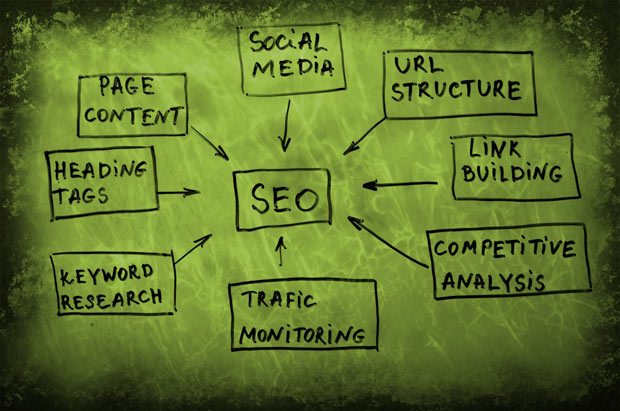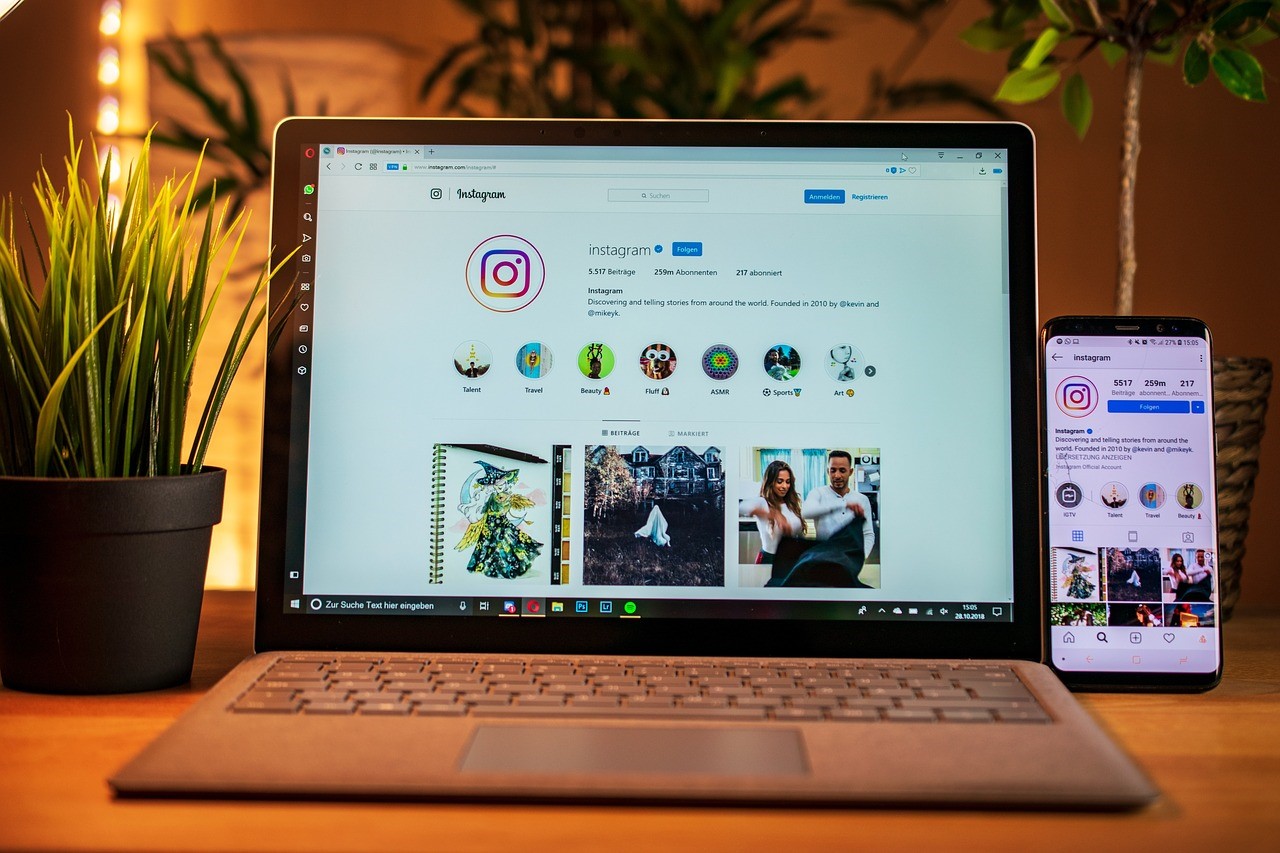Learning to navigate the world of SEO can seem like a daunting task. It doesn’t have to be. Knowing your target audience can help you identify keywords and phrases that, when used appropriately within the structure of your site, can increase web traffic. This is the ultimate goal of using SEO in your site’s content. You want your site to be at or near the top of the list of search results.
You may think you don’t need to know about, or use SEO. If your site is amazing, popular and the “go-to” place for your particular industry, that’s great, but the reality is that most sites can, and do, benefit greatly from learning a little more about the practice. Americans conduct billions of internet searches every month. It would be beneficial to invest in creating quality content that also uses SEO to help your site be competitive against sites in similar industries.
Internet marketing is a billion dollar industry. And while getting your company’s name and web address out there hugely important, the “search” feature is what generates a vast majority of web traffic. When someone enters a search term, you better believe that they are not going to scroll through pages and pages of results to find your site. Research has shown that people spend as little as 1 second on each of the search results on the first page. If they cannot find what they are looking for they will either enter a different search term or click on the first result. It pays to have your site show up on the first page, because no matter how beautiful your web design is or how informative your site’s content is, it will not make a bit of difference if it doesn’t get seen.
Incorporating SEO into your budget may be necessary if you don’t plan on doing it yourself. Big businesses have no problems paying SEO experts to help optimize their content. So how do you compete if you are just small business with a small to modest budget? The best thing you can do is learn as much about creating effective content as possible. Read blogs like SEO book, focus on local traffic and make sure your content is relatable to people in your area.
It seems like allot to take on by yourself, but it is absolutely possible to tackle on your own or with a small group. Ask a few of your friends or local community members to sit for a brainstorming session. Ask them to think of words and phrases they might enter into a search engine if they were trying to find your site but didn’t have the name of the business or any other specific information about it. Then, take the results of your brainstorming session and find creative ways to incorporate them into the content of your site. Don’t overdo it. One to two keywords per page is a good start unless you find a way to make repeated use of the keywords fun and interesting.
Guest post supplied by Mark Stubbles. Mark is a 36 year old online marketer, freelance SEO and guest blogger.





